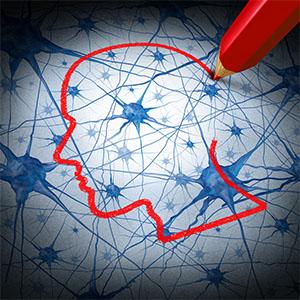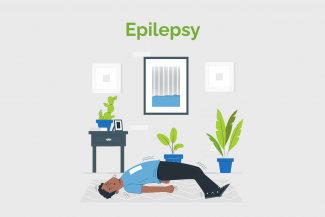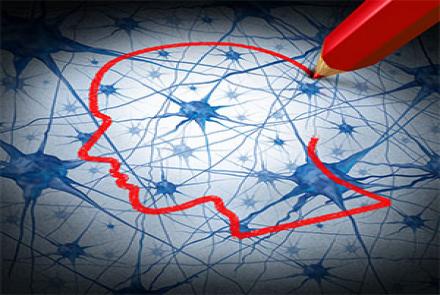Epilepsy is a chronic disorder marked by recurrent, unprovoked seizures. Many people with epilepsy have more than one type of seizure and may have other symptoms of neurological problems as well. According to WHO, it affects 50 million people worldwide. 75% of the people with epilepsy in low and middle income countries do not get treatment for Epilepsy

What are the risk factors for developing epilepsy?
Epilepsy is the 4th most common neurological disorder affecting 1% of population. 1 in 26 people will develop epilepsy during their lifetime. It can begin at any age. Men are most commonly affected when compared with women.
Risk factors include
- Premature babies
- Babies who have seizures in the first month of life
- Abnormal blood vessels in brain
- Brain tumors
- Cerebral palsy
- Family history of epilepsy or fever related (febrile) seizures.
- Alzheimer’s disease
- Use of illicit drugs such as cocaine
- Stroke and other vascular disorders
- Brain infections such as meningitis
What causes epilepsy?
- Genetic influence
- Head trauma
- Infectious diseases such as meningitis, AIDS, Viral encephalitis.
- Brain tumors or strokes that cause damage to brain.(already mentioned above)
- Prenatal injury – Before birth, brain damage in babies can be caused by maternal infection, poor nutrition or deficiency of oxygen.
- Developmental disorders such as autism and neurofibromatosis.
Changed
14/Aug/2017
Condition






